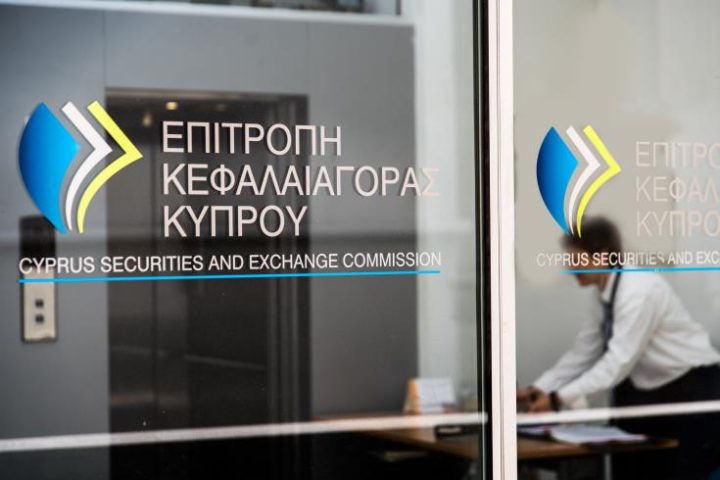Business groups have turned from defenders to critics of the controversial ‘citizenship by investment’ scheme abolished by the Anastasiades administration on Tuesday but are calling on the government to reinstate a stricter programme to save the economy.
Following a series of damning reports by broadcaster Al Jazeera, the Cabinet decided to scrap the scheme altogether as of November 1, thus allowing more than 250 pending applications to remain under review.
The Cyprus Chamber of Commerce (KEBE) said the abolition of the programme altogether would be “catastrophic for the economy”, but this was “the result of the unscrupulous, anti-institutional and unprofessional behaviour of a few, who exposed and humiliated Cyprus internationally.”
It called on the island’s Legal Service to thoroughly investigate the matter and bring those involved to justice, adding that this forced the Cabinet to take the “justified decision, under the circumstances, to abolish the programme.”
However, it urged the government to “proceed immediately with the formation of a new, more reliable investment plan, to avoid the paralysis of foreign investments.”
It warned that the consequences of this decision include a drastic drop in property sales, the impact on the borrowing, a rise in non-performing loans, unemployment, and a setback to entrepreneurship in general.
Before Al Jazeera corruption allegations in property for passport deals, leading employers said the scheme should be maintained, improved and its resources redirected from property deals to funding industry as well.
George Petrou, chairman of the Employers’ and Industrialists Federation (OEB), said the ‘Citizenship by Investment Scheme’, has contributed up to €9.7 bln in direct and indirect contributions and created about 10,000 jobs since 2013.
The so-called ‘golden passport’ scheme has come under fire from international media and the EU after Cyprus granted passports to financial fugitives.
Cyprus was not stringent enough in its vetting process and after heavy criticism at home and abroad, it revised the CIS programme.
It appointed a technocratic committee to probe the process for citizenship and last week, the government said it was rescinding seven passports.
The CIS programme, the darling of accountants, lawyers, and property developers, requires an investment of at least €2 mln and purchase of a €500,000 residence plus tax.
Investors also have to pay a €150,000 application fee with the money earmarked for low-cost housing and innovation.
However, an ‘economic impact assessment’ of the CIS programme, conducted by advisory firm EY, showed that throughout the programme a mere 6% (about €567 mln) of foreign investments in Cyprus ended up in state coffers in fees and taxes, and a further 2% (€211 mln) in the national pension fund.
More than two-thirds of the investment funds lined the pockets of property developers, who were on the brink of bankruptcy.
The new money helped them reduce their non-performing loans to banks, which in turn were hit by the exposure to property-secured debt.
“These investments should also be placed in industry that is the productive part of the Cyprus economy,” said Petrou.
He said property investments was ‘good’, but diversification of the investment pie was necessary.
OEB officials said some 250 investment-for-citizenship applications are pending and awaiting screening to get approval.
Officially, the Cyprus government had placed a cap at no more than 700 investment-for-citizenship applications a year.
The Association of Large Property Developers also wants the government to undertake initiatives to create a new and reliable framework for foreign investments.
“Foreign investments contribute greatly to the country’s economy and business and cannot be undermined and dragged down by government officials or professionals,” the association said.
“The members of the association who have invested millions of euros in their sectors, cannot tolerate further sabotage.”
Last month, the association issued a stern warning and called on those engaging in public criticism of the Citizenship for Investment scheme to stop, arguing that continued debate will harm the economy.
“Recent reports [in August] combined with the ongoing row within the country, have taken their toll on the investment environment, which has also been struck by the coronavirus outbreak,”
It sounded the alarm, calling on all sides to put an end to the public debate on the matter.
A probe into the scheme was launched after Al Jazeera first reported that politically exposed individuals and criminals had access to a Cyprus passport for a price.










